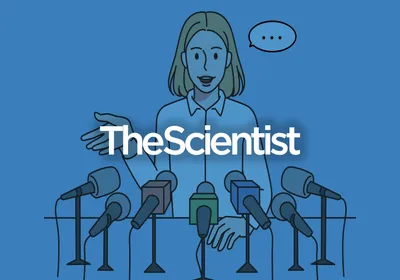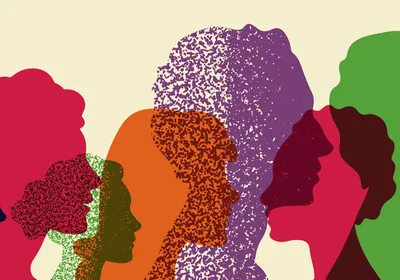 Attorney Bill Burdett (standing), representing “John Doe” in Fazlul Sarkar vs. John Doe, makes oral arguments to judges Colleen O’Brien (left) and Elizabeth Gleicher (right) as Alex Abdo (seated), the ACLU lawyer representing PubPeer, stands by.BOB GRANTYesterday’s Michigan State court of Appeals hearing (Fazlul Sarkar vs. John Doe) was the latest installment of an ongoing legal battle that could have a major impact on anonymous, post-publication peer review of the scientific literature.
Attorney Bill Burdett (standing), representing “John Doe” in Fazlul Sarkar vs. John Doe, makes oral arguments to judges Colleen O’Brien (left) and Elizabeth Gleicher (right) as Alex Abdo (seated), the ACLU lawyer representing PubPeer, stands by.BOB GRANTYesterday’s Michigan State court of Appeals hearing (Fazlul Sarkar vs. John Doe) was the latest installment of an ongoing legal battle that could have a major impact on anonymous, post-publication peer review of the scientific literature.
In litigation that has dragged on for almost two years and so far involved hundreds of pages of legal documents, the lawyer representing Fazlul Sarkar, a pathologist formerly of Wayne State University in Detroit, has sought to unmask the identities of anonymous commenters on the post-publication peer review platform PubPeer, who he claims defamed Sarkar by pointing out alleged image irregularities in papers Sarkar coauthored. A Wayne County Circuit Court March 2015 ordered PubPeer to reveal the IP address of one of the commenters, the mysterious misconduct watchdog who goes by the pseudonym “Clare Francis,” but protected the identities of other PubPeer posters. Sarkar’s attorney, Nicholas Roumel, appealed the decision to protect the identities of the commenters, while PubPeer, represented by lawyers for the American ...

















